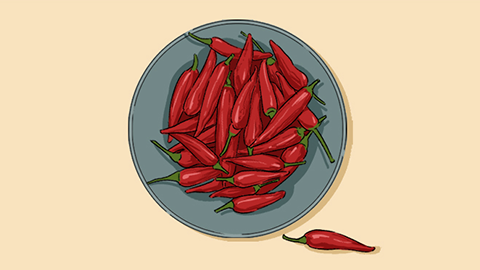What dietary precautions should be taken before and after receiving the 9-valent HPV vaccine?
Before and after receiving the 9-valent HPV vaccine, it is important to maintain a light diet, avoid spicy and irritating foods, reduce alcohol consumption, ensure adequate intake of high-quality nutrients, and avoid known allergenic foods. Proper dietary habits can minimize physical discomfort and support the effectiveness of the vaccine. If severe rash, vomiting, or fever exceeding 38.5°C occurs after vaccination, prompt medical attention is recommended.
1. Maintain a light diet: For 1–2 days before and after vaccination, consume mild foods such as porridge, vegetables, and lean meat. Avoid greasy or strongly flavored foods to reduce gastrointestinal burden and prevent discomfort that could be mistaken for vaccine side effects.
2. Avoid spicy and stimulating foods: Refrain from consuming spicy ingredients such as chili peppers, ginger, and garlic. These may trigger inflammatory responses in the body, increase the risk of local redness, swelling, or pain at the injection site, or worsen symptoms like low-grade fever and fatigue.

3. Reduce alcohol intake: Avoid drinking alcohol for at least 3 days before vaccination and up to 1 week afterward. Alcohol may impair immune system function, interfere with the body's antibody production in response to the vaccine, and potentially worsen post-vaccination symptoms such as dizziness or nausea.
4. Supplement with high-quality nutrition: Consume adequate protein- and vitamin-rich foods such as eggs, milk, and fruits. This provides essential nutritional support, strengthens immunity, helps the body respond better to the vaccine, and promotes recovery.
5. Avoid allergenic foods: Steer clear of any foods you are known to be allergic to—such as seafood or mango—before and after vaccination. This helps prevent allergic reactions and avoids confusion between allergy symptoms and potential vaccine side effects, supporting accurate health assessment and recovery.
In daily life, maintain regular sleep patterns and avoid excessive fatigue. Keep the injection site dry and clean, avoiding contact with water, and refrain from intense physical activity to help your body smoothly navigate the vaccination period.




